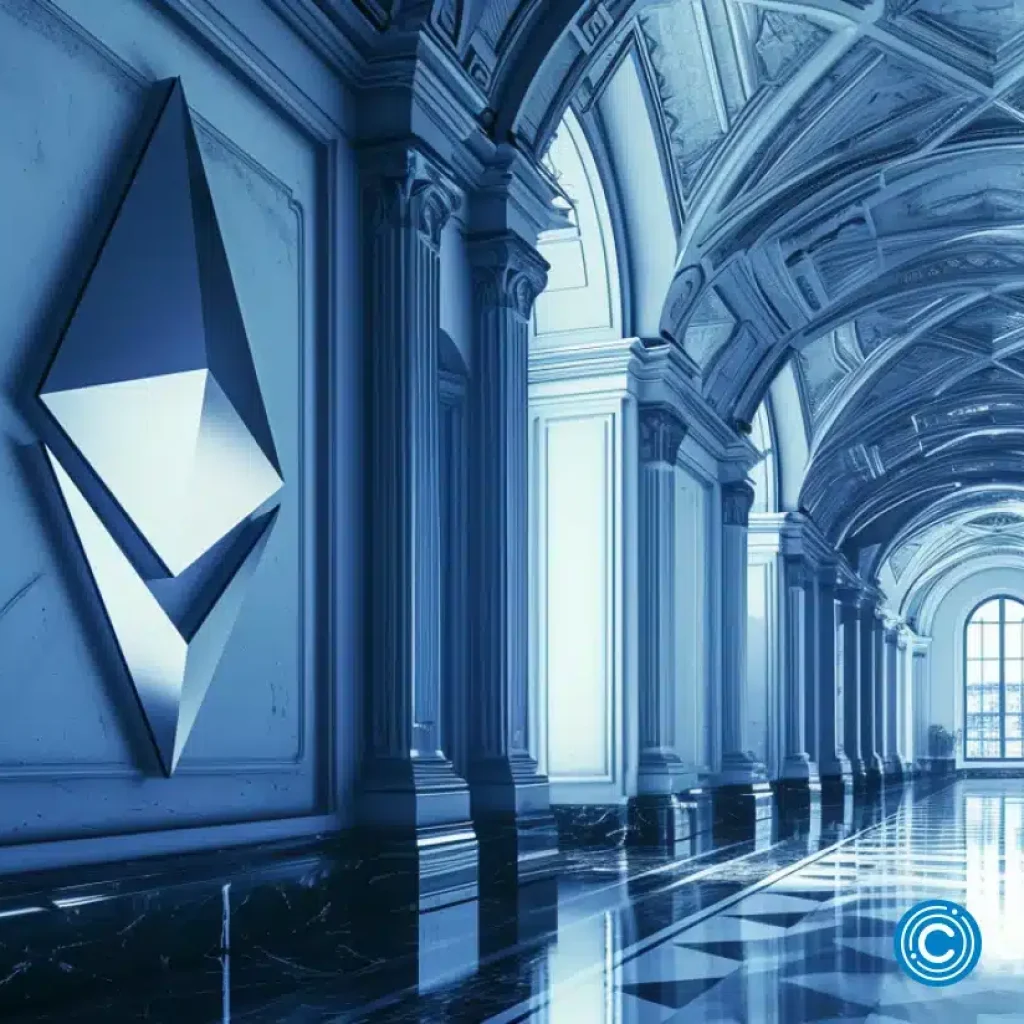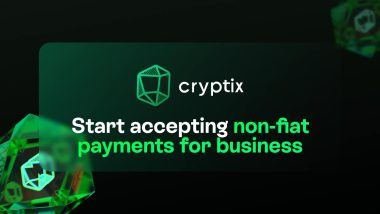In a significant development for Brazil’s digital currency landscape, the country’s central bank has granted authorization to two prominent entities to participate in the pilot of the digital real, Brazil’s central bank digital currency (CBDC). The largest local cryptocurrency exchange, Mercado Bitcoin, and state-owned bank Caixa have been given the green light to engage in testing the CBDC along with other consortium members.
Mercado Bitcoin joins Brazil’s CBDC project
Mercado Bitcoin, leading a consortium that includes Mastercard, broker Genial, registrar Cerc, and financial software fintech Sinqia, will now have the opportunity to contribute to the pilot program. The inclusion of Mercado Bitcoin comes after the consortium was initially left out of the central bank’s selection of 14 participants in May, primarily due to the absence of a regulated financial or payment institution with direct access to Brazil’s national financial network. However, this changed when Mercado Bitcoin obtained a payment institution license from the central bank on June 2.
The involvement of Mercado Bitcoin in the pilot program is seen as an affirmation of the central bank’s commitment to fostering innovation in the financial system by collaborating with technology-driven entities. Fabricio Tota, Director of New Business at Mercado Bitcoin, expressed their satisfaction with the opportunity, emphasizing that the central bank’s decision recognized the value of engaging with organizations already immersed in blockchain technology, rather than solely relying on traditional incumbents.
Joining Mercado Bitcoin in the pilot program is Caixa, a state-owned Brazilian bank. Caixa will participate alongside card provider Elo and technology giant Microsoft. The inclusion of Caixa and its partners further diversifies the consortium, ensuring a broader representation of the financial sector in testing and refining the digital real.
The central bank’s pilot program for the digital real is set to commence in mid-June 2023. During this phase, participants, including Mercado Bitcoin and Caixa, will actively contribute to testing the issuance of the CBDC and treasury bills. The consortium aims to evaluate the technical aspects of the network and assess the governance model of the distributed ledger technology supporting the digital real.
The country’s bank also invited Caixa to join the project
The introduction of a CBDC in Brazil is part of the central bank’s long-term vision to enhance financial system accessibility and promote financial inclusion. By leveraging digital currencies, the central bank seeks to broaden participation in the financial system, ensuring that a wider population can benefit from secure and efficient digital transactions.
The involvement of Mercado Bitcoin, a prominent local cryptocurrency exchange, indicates a growing recognition of the significance and potential of blockchain-based technologies within the financial sector. Mercado Bitcoin’s partnership with Mastercard further underscores the collaborative efforts being made to establish trust, compliance, and practical applications for digital assets.
The CBDC, scheduled to be fully implemented by 2024, holds promising prospects for Brazil’s financial landscape. As the pilot program progresses, participants will gain valuable insights into the functionality and practicality of the digital real. This knowledge will inform the central bank’s further refinements and help shape the future of Brazil’s digital currency ecosystem.
The authorization of Mercado Bitcoin and Caixa to participate in Brazil’s CBDC pilot reflects the central bank’s commitment to innovation and collaboration with technology-driven financial entities. As the pilot program progresses, the involvement of diverse consortium members will contribute to the development of a robust and inclusive digital currency framework.





